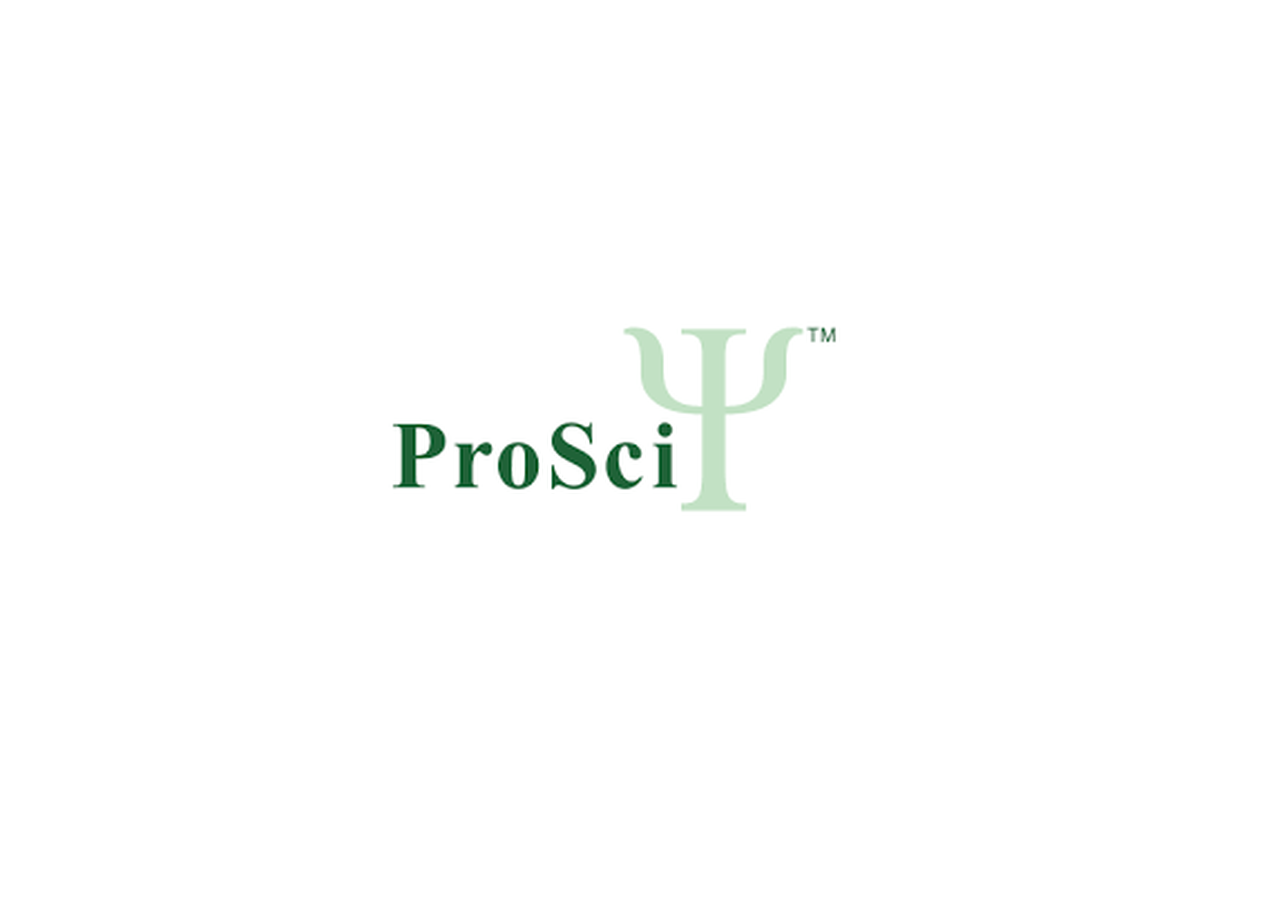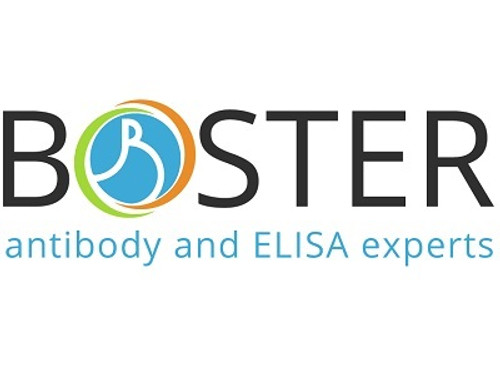Product Description
CD1a Antibody | 33-625 | ProSci
Host: Rabbit
Reactivity: Human
Homology: N/A
Immunogen: Human CD1a protein was used as the immunogen for this CD1a antibody.
Research Area: Immunology
Tested Application: Flow, IHC, IF
Application: Flow Cytometry: 0.5-1 ug/million cells
IF: 1-2 ug/ml
IHC (FFPE) : 0.5-1 ug/ml for 30 min at RT
The concentration stated for each application is a general starting point. Variations in protocols, secondaries and substrates may require the CD1a antibody to be titered up or down for optimal performance.
Specificiy: N/A
Positive Control 1: N/A
Positive Control 2: N/A
Positive Control 3: N/A
Positive Control 4: N/A
Positive Control 5: N/A
Positive Control 6: N/A
Molecular Weight: N/A
Validation: N/A
Isoform: N/A
Purification: Protein A affinity chromatography
Clonality: Polyclonal
Clone: N/A
Isotype: IgG
Conjugate: Unconjugated
Physical State: Liquid
Buffer: PBS with 0.1 mg/ml BSA and 0.05% sodium azide
Concentration: 0.2 mg/mL
Storage Condition: Aliquot and Store at 2-8˚C. Avoid freez-thaw cycles.
Alternate Name: T-cell surface glycoprotein CD1a, T-cell surface antigen T6/Leu-6, hTa1 thymocyte antigen, CD1a, CD1A
User Note: Optimal dilutions for each application to be determined by the researcher
BACKGROUND: At least five CD1 genes (CD1a, b, c, d, and e) are identified. CD1 proteins have been demonstrated to restrict T cell response to non-peptide lipid and glycolipid antigens and play a role in non-classical antigen presentation. CD1a is a non-polymorphic MHC Class 1 related cell surface glycoprotein, expressed in association with Beta-2 microglobulin. Anti-CD1a labels Langerhans cell histiocytosis (Histiocytosis X) , extranodal histiocytic sarcoma, a subset of T-lymphoblastic lymphoma/leukemia, and interdigitating dendritic cell sarcoma of the lymph node. When combined with antibodies against TTF-1 and CD5, anti-CD1a is useful in distinguishing between pulmonary and thymic neoplasms since CD1a is consistently expressed in thymic lymphocytes in both typical and atypical thymomas, but only focally in 1/6 of thymic carcinomas and not in lymphocytes in pulmonary neoplasms. Anti-CD1a is reported to be a new marker for perivascular epithelial cell tumor (PEComa) .
 Euro
Euro
 USD
USD
 British Pound
British Pound
 NULL
NULL






![CD1a Antibody [66IIC7] CD1a Antibody [66IIC7]](https://cdn11.bigcommerce.com/s-452hpg8iuh/images/stencil/500x659/products/575320/811882/porsci_lo__79508.1648973713__34979.1649091892.png?c=2)
![CD1a Antibody [CLDA1a] CD1a Antibody [CLDA1a]](https://cdn11.bigcommerce.com/s-452hpg8iuh/images/stencil/500x659/products/575659/812714/porsci_lo__79508.1648973713__94177.1649091998.png?c=2)
![CD1a Antibody [O10] CD1a Antibody [O10]](https://cdn11.bigcommerce.com/s-452hpg8iuh/images/stencil/500x659/products/574948/811016/porsci_lo__79508.1648973713__28734.1649091767.png?c=2)
![CD1a Antibody [C1A/711] CD1a Antibody [C1A/711]](https://cdn11.bigcommerce.com/s-452hpg8iuh/images/stencil/500x659/products/574949/811018/porsci_lo__79508.1648973713__04606.1649091767.png?c=2)




